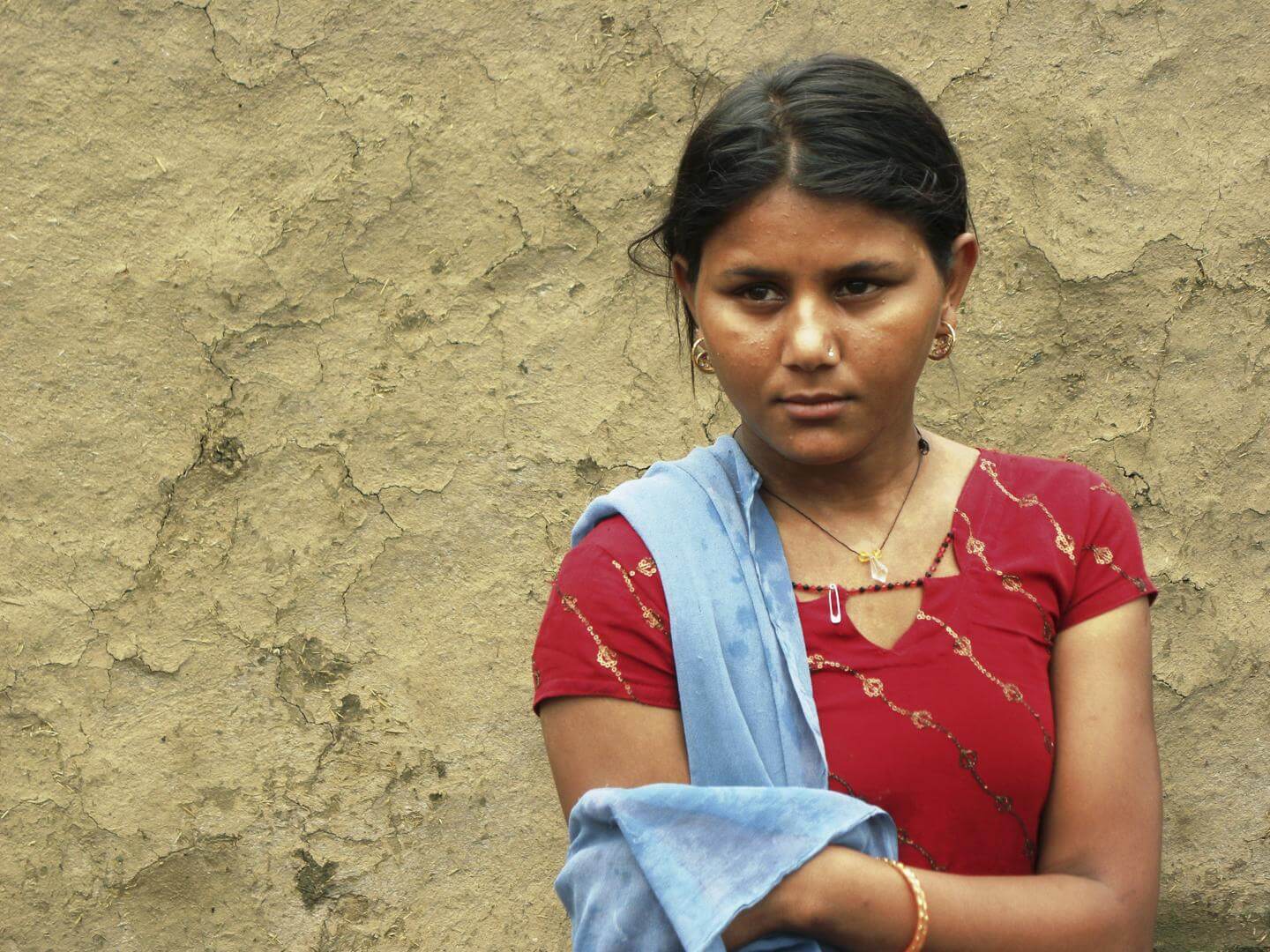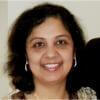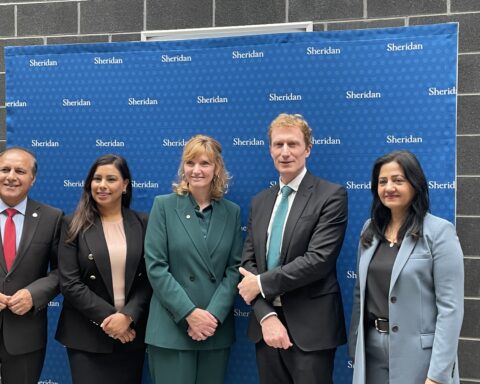The mega-win of India’s Bharatiya Janata Party (BJP) in the 2019 elections has brought some unpalatable truths to the fore. It’s as if there is no need to be apologetic about your right-wing views, minorities be damned. The win reinforced ideas of Otherness, a justification for the extreme. Globally, the rise of the “nationalist/patriot” movement has caused much hand-wringing and India did not escape that trend. As cultural scholars point out, the rise of the extreme right in many parts of the world is a phenomenon not going away any time soon.
I think just half the battle is done, with this win. Now, the BJP should review its worldview, revise its stance on women’s role in society, and pass those ideas on to its leaders. A crash course in Feminism wouldn’t be out of place for many of them. Through the years, bigwigs in the party made no secret of their views on women’s role in the public discourse. I’m looking at two leaders—Yogi Adityanath, BJP chief minister of the one of the country’s biggest states, Uttar Pradesh, and strongman RSS (Rashtriya Swayamsevak Sangh—an organization devoted to the idea of a Hindu-majority country) chief, Mohan Bhagwat.
Let me illustrate. In 2010, Adityanath opposed a landmark bill which sought to reserve one-third of the seats in the central and state governments, for women. Though it was supported by his party, Adityanath claimed women need not be independent, they only need protection. Independent women become “like men” if they are given freedom to pursue a life outside the home, thus heralding instability.
The spread of toxic ideas
According to Adityanath, feminism—particularly Western-feminism—is detrimental to the country. On his website, his essays point to a regressive approach towards women and their role in society. Women’s energy needs to be “channelized” so that decorum is maintained, he argues. Alas, his patriarchal view of women, one he conflates with his politics, has obviously appealed to the average citizen; the BJP had a massive win in the state. Unless he’s had a change of heart, his past ideas remain stuck.
Regressive views on women may be shocking for liberal-minded folks but not unique among impressionable youth. There are tales of goons disrupting Valentine day celebrations on the grounds of it being “un-Indian” (read: un-Hindu). Reports show Bajrang Dal members, an affiliate hard-line Hindu group, have warned pubs and restaurants to shut down on Valentine’s Day. They prowl parks and cinemas looking for young lovers, to coerce them to marry then and there or, to thrash them for spoiling “the culture of India.”
These youth affiliate the movements of party supporters, like the Bajrang Dal and Durga Vahini, with the heavily scripted roles of the model Hindu. They each perform their duties in a blaze of glory. The women in the Durga Vahini (named after the goddess of strength) must follow “noble human values in keeping with the Hindu culture.” The aim is to instill “good sanskars” (wholesome Hindu culture) in the Durga Vahini women, and by extension, all women in India. It’s worth remembering that in this case, Hindu culture is predicated on some archaic ideal of women.
Politics and patriarchy
One cannot dismiss these incidents as sporadic. There is a concerted effort streaming between the BJP, the RSS, the Vishva Hindu Parishad and it’s associates, one that reinforces patriarchal ideas. The VHP is an organization whose purpose is to protect Hindu culture and way of life. Viewing women as “pure and innocent” on one hand, and “someone to control” on the other only results in disaster. When the leaders of the party believe in this binary, fallout is inevitable. It’s severely problematic when party leaders paint a picture of a golden “Hindu-Rashtra” where men are strong and women are weak.
Fortunate enough to live in Canada, we cannot imagine how anyone could believe this narrow definition of womanhood today. We question the relevance of falling back upon stereotypes from long ago when strict gender roles ruled lives. What we underestimate is the power these leaders have on youth who join the movement. Young men who grow up listening to, and imbibing this moral position may have no qualms controlling girls and women.
Bhagwat has gone on record saying there’s a social contract between a husband and wife wherein the wife will fulfill her “duty”, only then will the husband offer protection. Rapes, he said, are a Western construct, as there were no rapes in Bharat (the ancient name for India), only in India. How important is the RSS in the grand scheme of things? Just before the election on May 23, Prime Minister Narendra Modi went to meet Bhagwat at the RSS headquarters in Vidharbha for a strategizing session. It’s no wonder the RSS has been labelled the ideological parent of the BJP.
It’s severely problematic when party leaders paint a picture of a golden “Hindu-Rashtra” where men are strong and women are weak.
If only the deification of Indian women would have led to lesser assaults against them! The 2016 National Crime Records Bureau Report recorded a 12.4 per cent increase in rape cases that year. So before we align ourselves with the idea of a Hindu nation cloaked in righteousness with men ruling over “weak” women, let’s take a deep breath.
With more than two decades of experience in research and writing, I can handle projects in traditional and online media. I have written two non fiction books for children, and over 100 articles on subjects as diverse as health, lifestyle, environment, and immigrant issues. I currently run and manage a travel and lifestyle blog. I won the Emerging Artist Award from my City's Arts Council for my first book.





